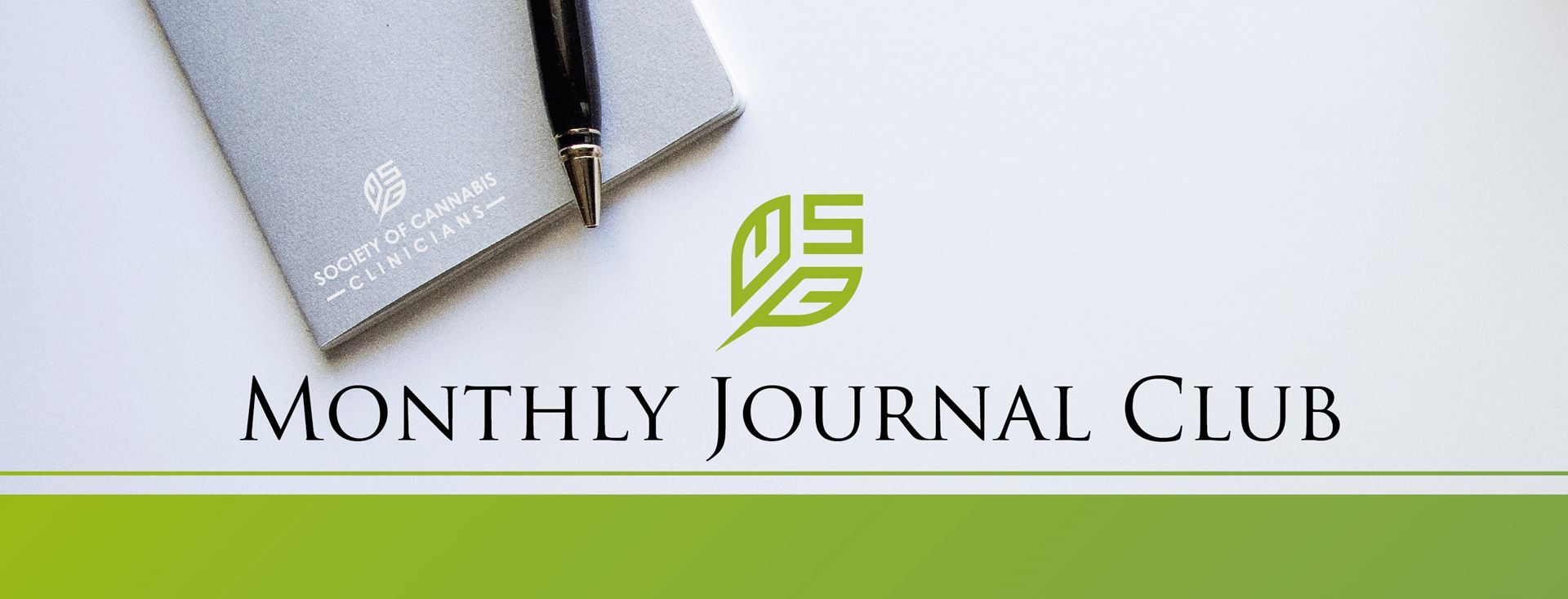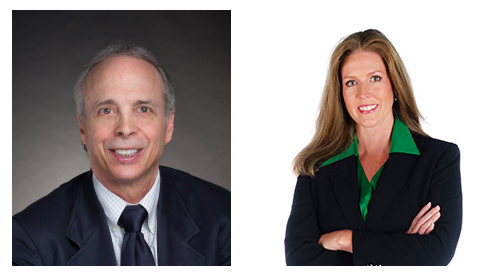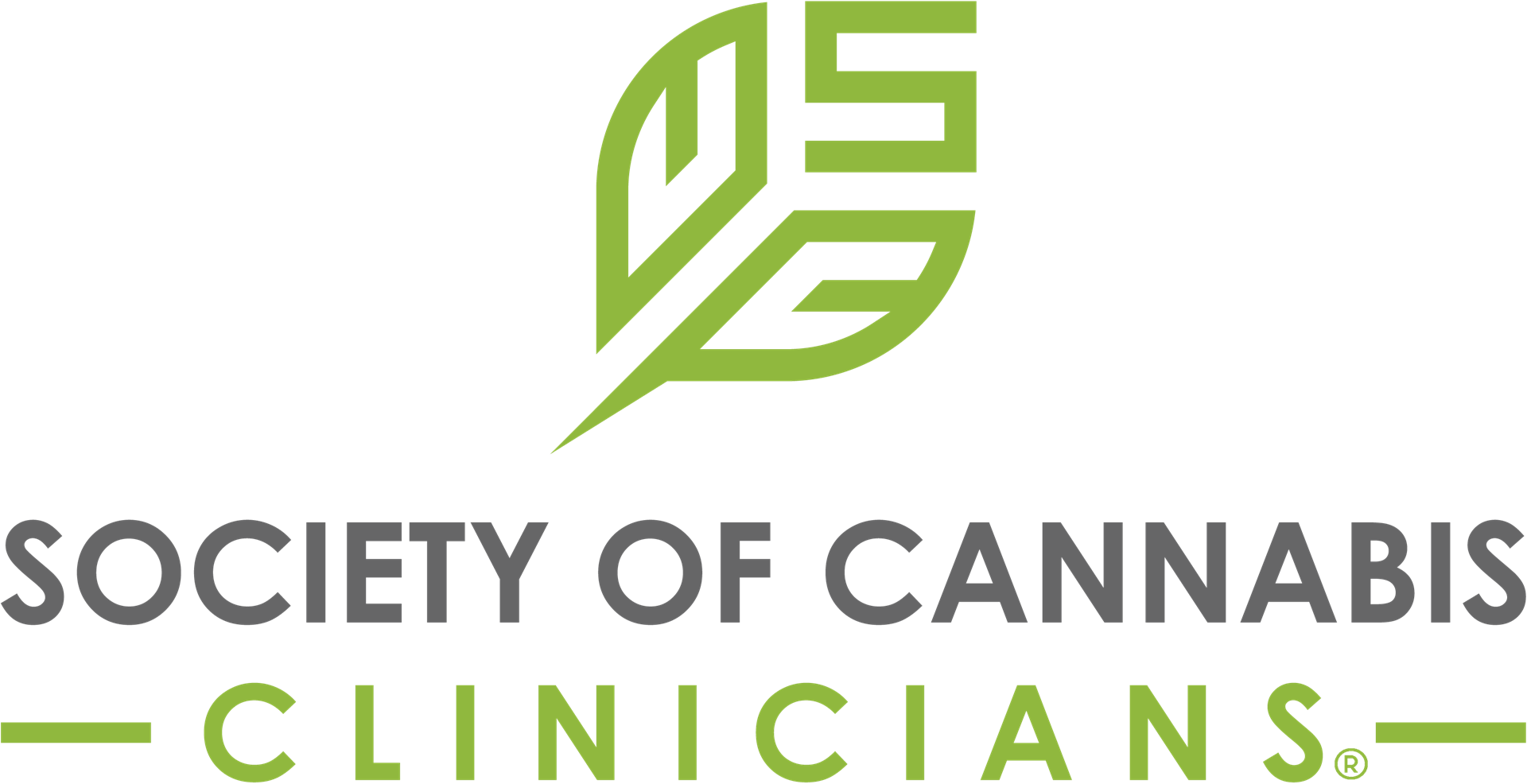
Special Edition of Monthly Journal Club: Dr. Ethan Russo & Nishi Whiteley on Cannabinoid Hyperemesis Syndrome
Zoom link will be sent upon registration confirmation
Friday, August 20th, 2021
9-10am PDT / 11am-1pm CDT / 12-1pm EDT / 5-6pm BDT
Presenters:
Ethan Russo
Nishi Whiteley
Topic: Cannabinoid Hyperemesis Syndrome: An Emerging Public Health Problem with a Genetic Basis
Article: Cannabinoid Hyperemesis Syndrome Survey and Genomic Investigation, Cannabis and Cannabinoid Research, 2021.
Overview:
Is cannabinoid hyperemesis syndrome (CHS) associated with genetic mutations that might explain its unusual pathophysiology, symptoms, and signs? This topic is what Ethan Russo, MD and Nishi Whiteley will be discussing in this special edition of Journal Club on August 20th. Their presentation will center around the findings, implications, and what the research illuminates about the daily life, habits and susceptibilities of CHS patients based on their recent paper "Cannabinoid Hyperemesis Syndrome Survey and Genomic Investigation". This event marks the first time that Dr. Russo and Nishi Whiteley will be presenting their findings to a physicians' group.
The largest survey of CHS to date (205 CHS patients plus 54 controls after screening) was conducted by Dr. Russo and colleagues that confirmed clinical patterns of nausea, vomiting, abdominal pain, and hot water bathing behavior associated with chronic high tetrahydrocannabinol (THC) exposure. Genomic testing in 28 CHS patients with firm diagnosis and ongoing associated symptoms vs. 12 controls who used cannabis but did not display symptoms and signs revealed five statistically significant mutations affecting TRPV1, CYP2C9 coding the catabolic enzyme of THC, DRD2 and COMT, two genes affecting dopaminergic function, and ABCA1, the ATP-binding cassette transporter affecting cholesterol efflux.
Meaning: These results establish a genetic etiology of susceptibility to development of CHS with high level THC exposure, elucidate the associated pathologies of CHS, and may represent a practical screening device that could point to more effective therapeutic interventions. Have the opportunity to ask questions and delve into the research with the authors of this exciting new research paper.
The event is FREE for SCC members. $10 for non members.

Want to sign up to present an article? Contact us here.
.png)

.png)
